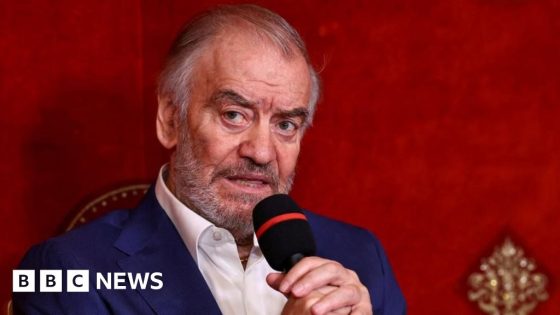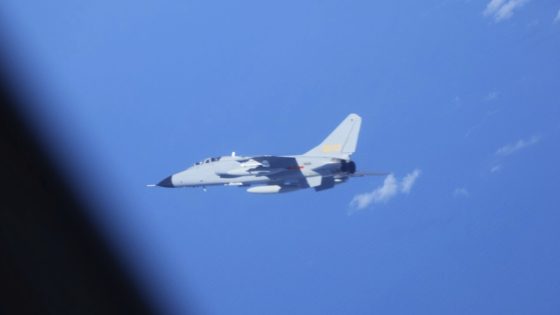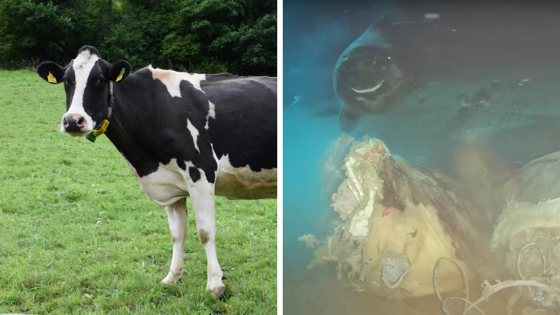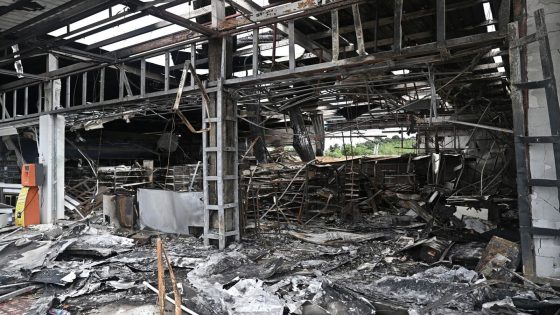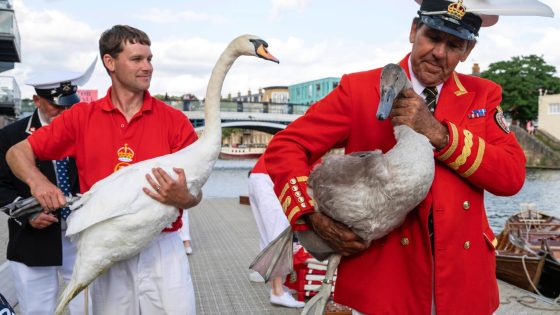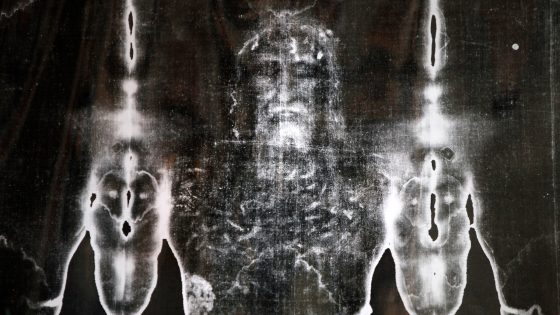The cancellation of a concert featuring Russian conductor Valery Gergiev has sparked significant debate, highlighting the intersection of culture and politics. Scheduled for 2025-07-21 19:47:00 at the Royal Palace of Caserta, the concert was part of the Un’Estate da RE festival. Gergiev, a close ally of President Putin, has faced backlash due to his refusal to condemn Russia’s invasion of Ukraine.
- Concert featuring Valery Gergiev cancelled in Italy
- Gergiev an ally of President Putin
- Italy's Culture Minister calls cancellation "common sense"
- Ukraine labels Gergiev "Putin's mouthpiece"
- Moscow's ambassador criticizes "cancelling" Russian culture
- Gergiev's ties with Western venues severed post-invasion
Italian Culture Minister Alessandro Giuli described the decision to cancel as “common sense,” emphasizing the need to uphold the “values of the free world.” This cancellation comes after Ukraine urged festival organizers to drop Gergiev, labeling him “Putin’s mouthpiece.” The controversy reflects a growing trend of cultural institutions reevaluating their ties with Russian artists amid ongoing geopolitical tensions.
This incident raises critical questions about the role of art in political discourse. Should artists who support oppressive regimes be welcomed in democratic societies? The implications are profound:
- Artistic expression can be a reflection of political values.
- Cultural institutions are increasingly scrutinizing affiliations with controversial figures.
- Public sentiment is shifting towards accountability in the arts.
As the world navigates these complex issues, it is essential for cultural leaders to consider the broader implications of their choices. Will they prioritize artistic freedom or political accountability?



